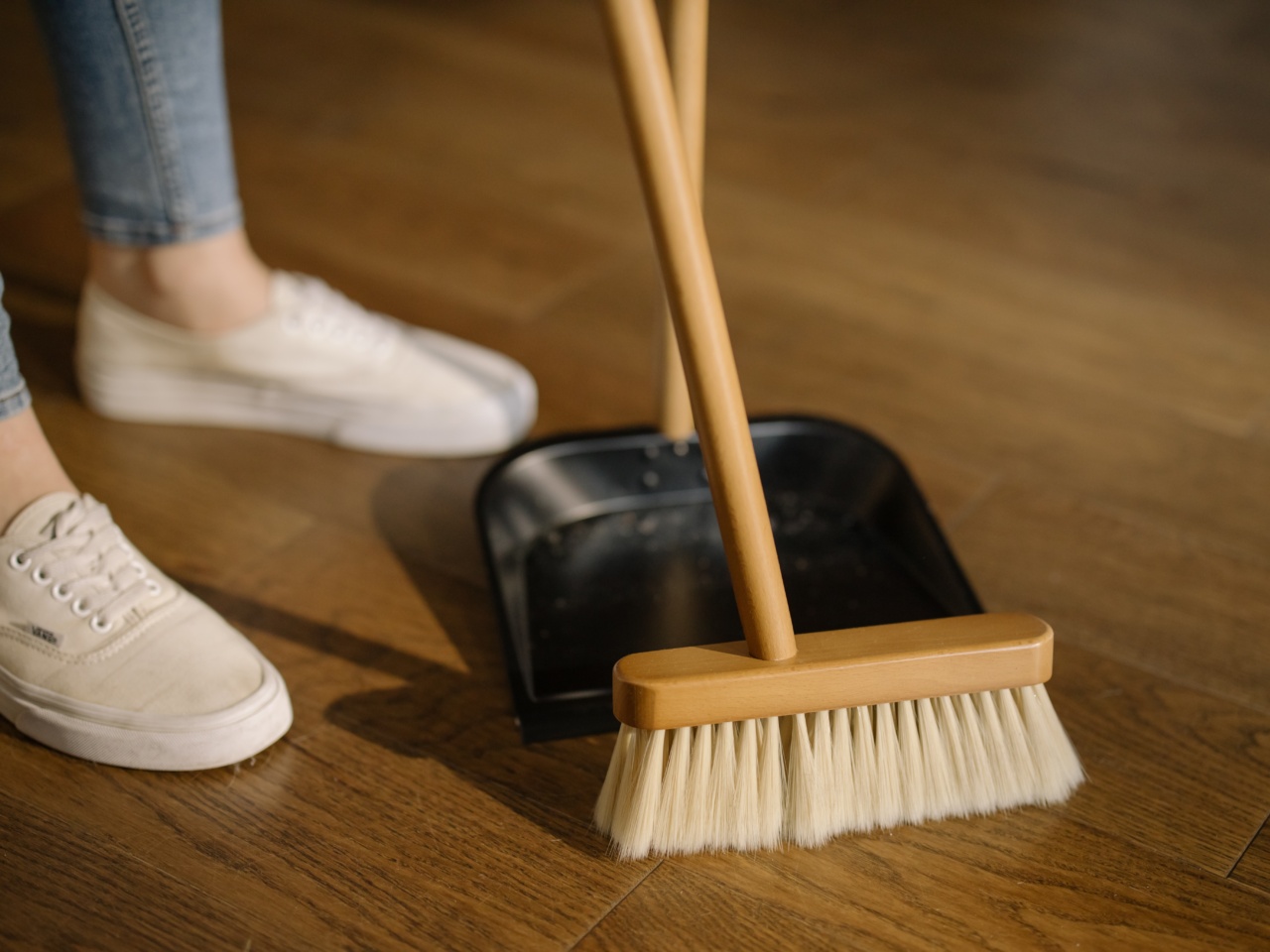Contact lenses are a convenient and popular choice for vision correction. However, it’s crucial to keep them clean and safe to avoid eye infections and other complications.
Proper hygiene and maintenance of contact lenses are essential for maintaining good eye health. In this article, we will discuss essential tips and guidelines for keeping your contact lenses clean and safe.
1. Wash Your Hands
Before handling your contact lenses, always wash your hands thoroughly with soap and water. Make sure to remove all traces of dirt and avoid using any products that can leave a residue on your hands, such as lotions or creams.
2. Use Recommended Cleaning Solution
Each contact lens type has specific cleaning solutions recommended by the manufacturer. Always use the solution that is recommended for your lenses, as different solutions may contain ingredients that could damage or irritate your eyes.
3. Clean and Disinfect Regularly
Keep in mind that contact lenses need to be cleaned and disinfected regularly to remove debris and bacteria that can accumulate on the surface.
Follow the instructions provided by your eye care professional or the lens manufacturer for the appropriate cleaning and disinfection routine.
4. Avoid Water Contact
Water, whether tap water, distilled water, or even swimming pool water, should never come into contact with your lenses. Water carries a variety of microorganisms that can adhere to the lens surface and potentially cause eye infections.
Stick to your recommended contact lens solution for cleaning and storing your lenses.
5. Replace Your Lens Case Regularly
Your contact lens case should be replaced every three months or as recommended by your eye care professional. Contact lens cases can harbor bacteria and fungi, which may lead to eye infections.
It’s important to keep your case clean and replace it regularly to minimize the risk of contamination.
6. Proper Lens Storage
When you’re not using your contact lenses, make sure to store them properly in a clean case with fresh solution. Avoid reusing old solution and always change the solution in your case after each use.
Ensure that the contact lenses are fully submerged in the solution to keep them hydrated.
7. Follow the Recommended Wear Schedule
Adhere to the recommended wear schedule provided by your eye care professional or the lens manufacturer. Overwearing your contact lenses can cause discomfort, dryness, and increase the risk of eye infections.
Replace your lenses as instructed and avoid wearing them for longer periods than recommended.
8. Avoid Sleeping with Contact Lenses
Sleeping with your contact lenses on significantly increases the risk of eye infections and complications. When you sleep, tears circulate less, making it easier for bacteria to accumulate on the lens surface.
Always remove your lenses before going to bed, unless specifically prescribed for extended wear by your eye care professional.
9. Avoid Contact with Irritants
Avoid exposing your contact lenses to irritants such as hairspray, makeup, or perfumes. These substances can easily adhere to the lens surface, causing discomfort and potential vision problems.
Apply these products before putting on your lenses to minimize the risk of contamination.
10. Regular Eye Exams
Schedule regular eye exams with your eye care professional to ensure that your contact lenses are still suitable for your eyes.
Your prescription may change over time, and your eye care professional will assess the health of your eyes and provide recommendations for continued lens wear.
Conclusion
Taking care of your contact lenses is vital for maintaining good eye health. By following the essential tips mentioned in this article, you can ensure that your lenses remain clean and safe.
Do not forget to consult with your eye care professional for specific instructions and advice regarding your contact lenses and their care routine.




























